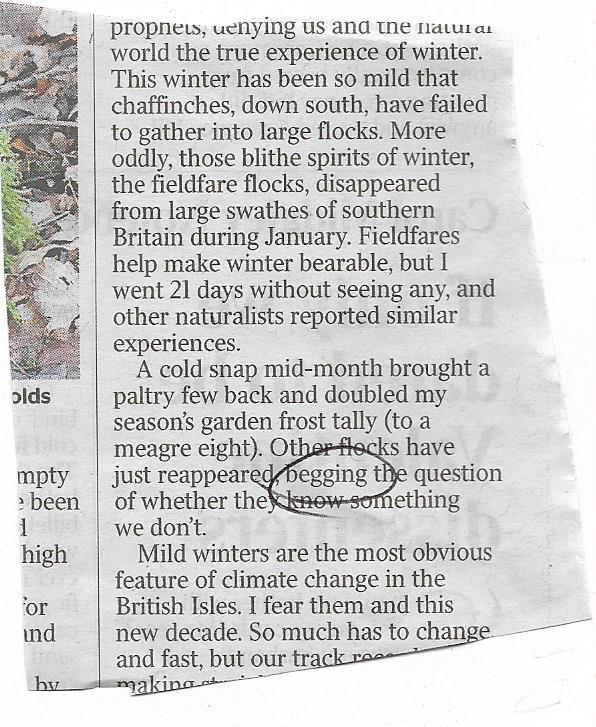 The Times, February 8, 2020
The Times, February 8, 2020
I see this error so often that it will soon be classified by dictionaries as correct. Maybe it already is. Let’s not bother with definitions, let’s just stick any old nonsense down. Let’s not use our wonderfully rich and varied language, let’s reduce it to a couple of thousand words for all occasions.
‘Begging the question’ is a very specific usage. Also known as a circular argument, it involves making a firm conclusion on the basis of an arguable proposition. For example: ‘Why did God make parasitic worms?’ This begs (or avoids) the question of whether God exists. Ninety-nine times out of a hundred the writer actually means to say ‘this raises/leads to the question . . .’ In this case the writer might have said: ‘ . . . making me wonder if they know something we don’t.’
 i newspaper, February 6, 2020
i newspaper, February 6, 2020 The Times, January 20, 2020
The Times, January 20, 2020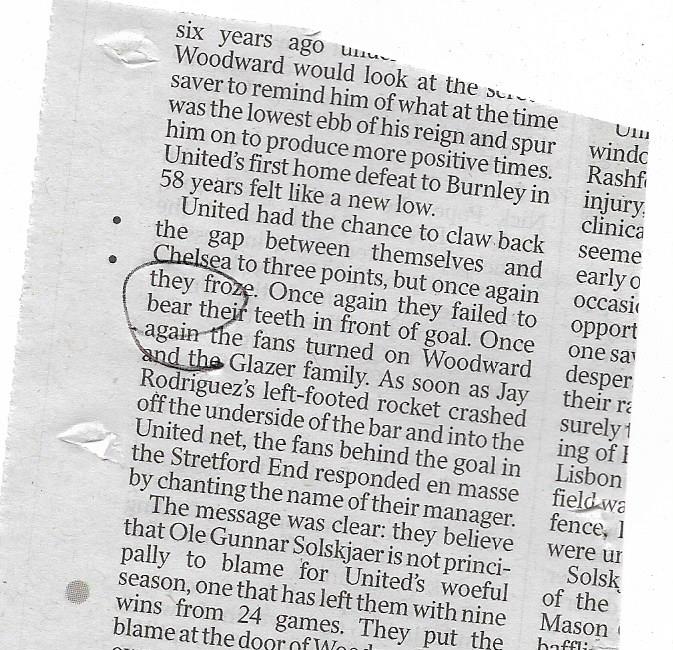 The Times, January 23, 2020
The Times, January 23, 2020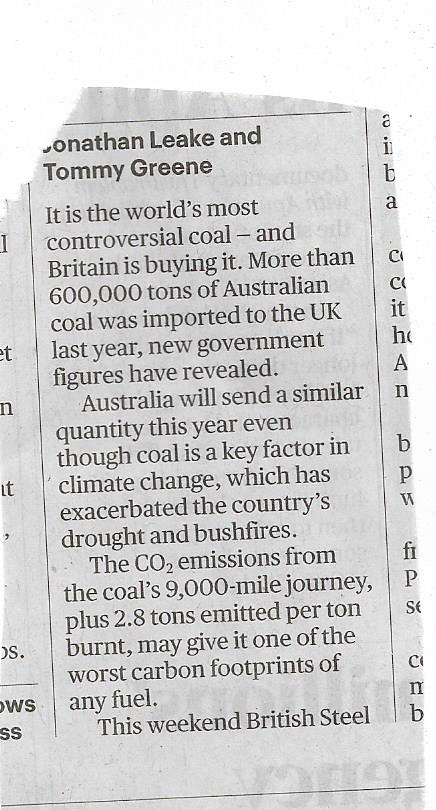
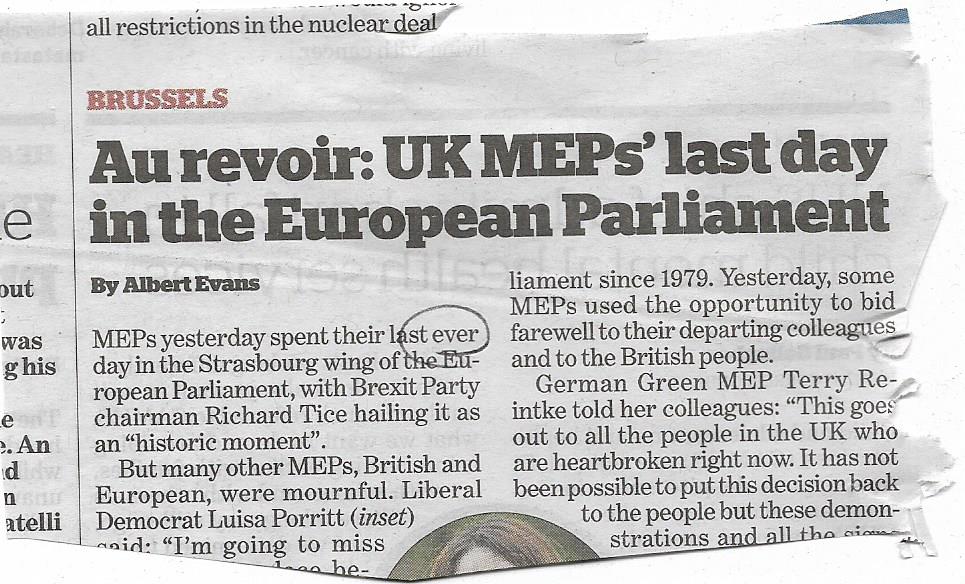 i newspaper, January 17, 2020
i newspaper, January 17, 2020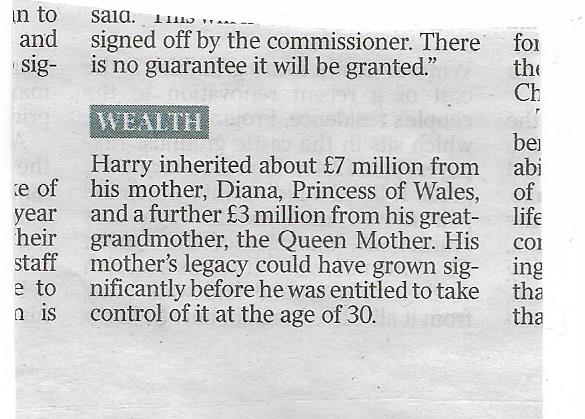
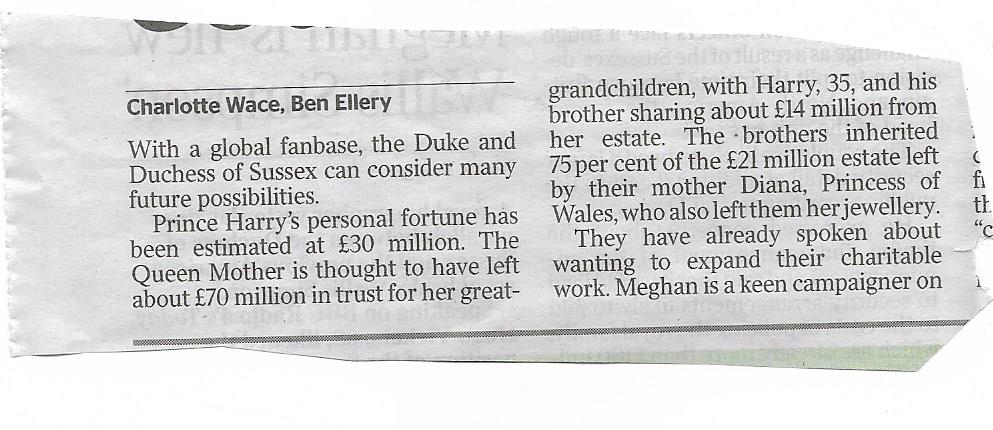 The Times, January 10, 2020, page 10
The Times, January 10, 2020, page 10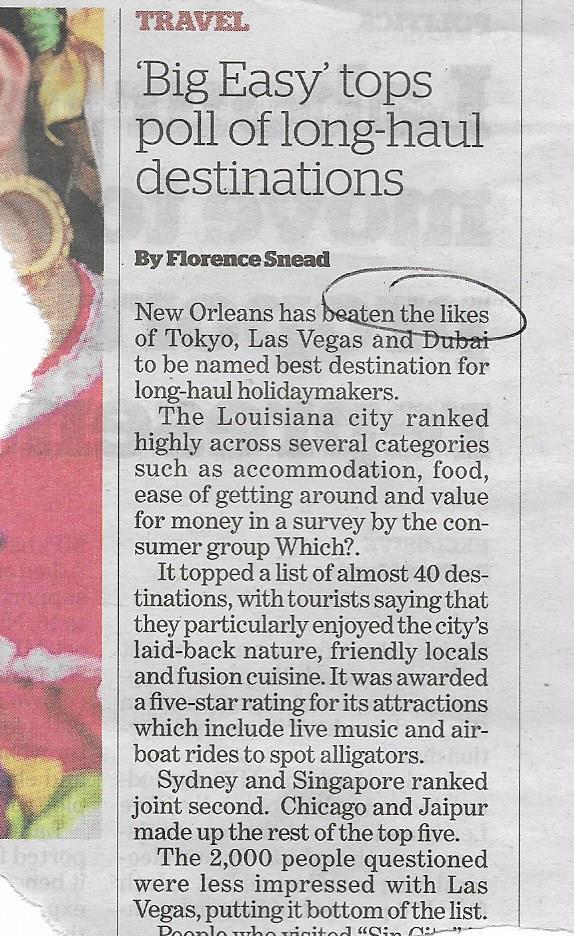 i newspaper, December 31, 2019
i newspaper, December 31, 2019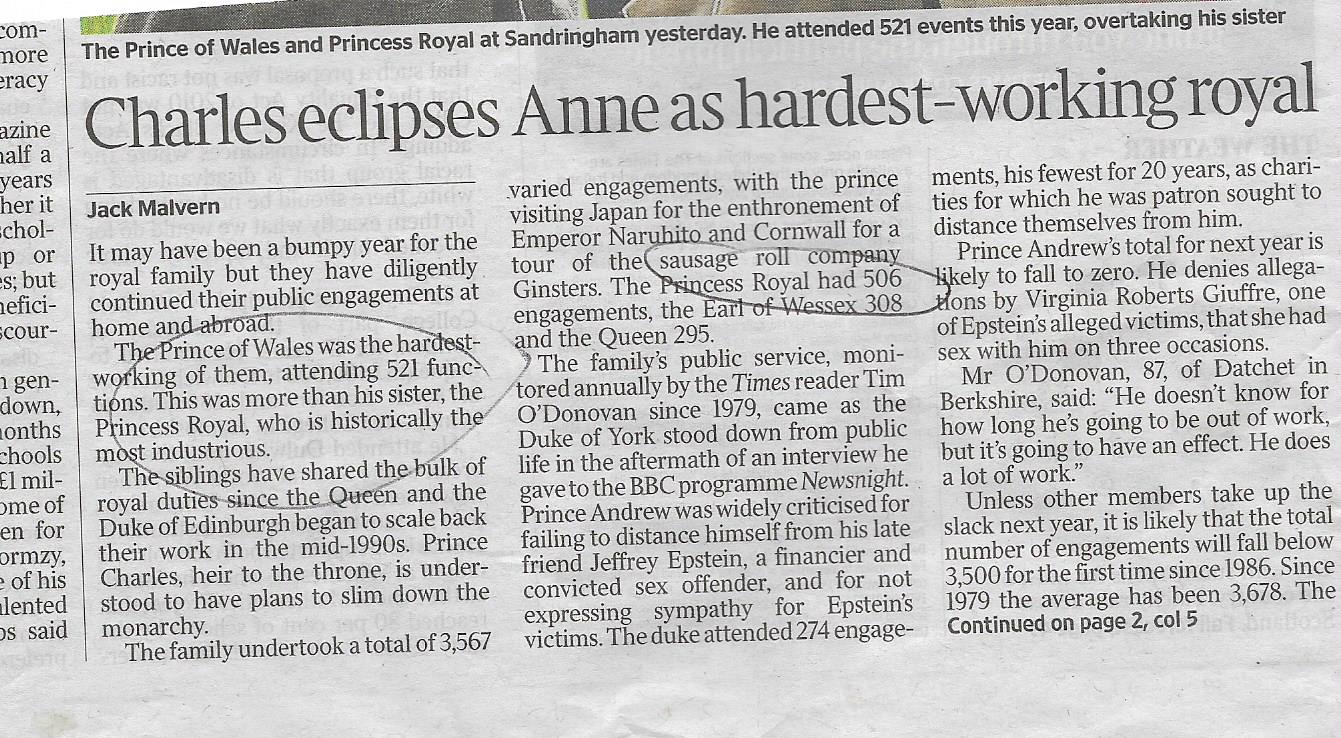 The Times, December 30, 2019
The Times, December 30, 2019